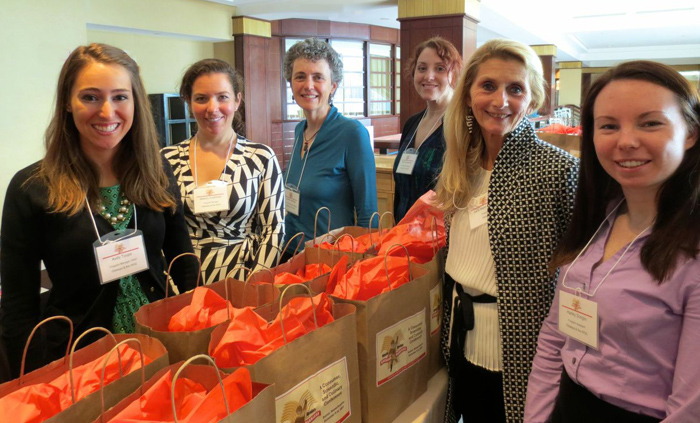
This is one reason why we can’t speak of the “far right” as one monolithic group. They may move in and out of far right spaces as they spend time with different peer groups, family members, or work colleagues, or as they move between varied spaces like school, work, or sports teams.ĮuropeNow How would you characterize the far-right’s use of media outlets? In your research, have you found there to be any particular modes of engagement unique to these groups?Ĭynthia Miller-Idriss The parts of the far right that I study-youth scenes and subcultures-make wide use of the internet and social media in ways that I don’t think are unique for their generation, even though these modes of engagement may still be quite unique compared with older generations of the far right. My specific interest is in youth I refer to as “in and around” far right scenes and subcultures, rather than at their core. My interview with Cynthia focuses on her multifaceted career, her current research, as well as her motivations driving her work in the field.ĮuropeNow What is specific to youth far right groups that distinguishes them from other far right organizations?Ĭynthia Miller-Idriss The ways that youth engage in the extreme right are often less organized, more fluid, and more subcultural than the way we think of formal or official far right groups, movements, parties, and organizations. In her most recent book, The Extreme Gone Mainstream: Commercialization and Far Right Youth Culture in Germany (2018), Cynthia explores these issues with an interdisciplinary lens – a unique and revealing perspective on issues of interest to the academic community as well as the wider public. Her current research investigates the political lives of youth far right groups in Europe and their mobilization of cultural symbols in their fashion and aesthetics. She is also a founding member of the Radicalism and Violence Research Network at the Council for European Studies. Cynthia is a cultural sociologist and teaches as a Professor of Education and Sociology at American University. In this vein, Cynthia Miller-Idriss’ research stands at the forefront of this complex, interdisciplinary, and transcultural problem.


With the populist wave extending across Europe, scholars of diverse disciplines are working to understand this alarming trend and its repercussions in the areas of politics, economics, and popular culture.

This is part of our Campus Spotlight on American University.


 0 kommentar(er)
0 kommentar(er)
